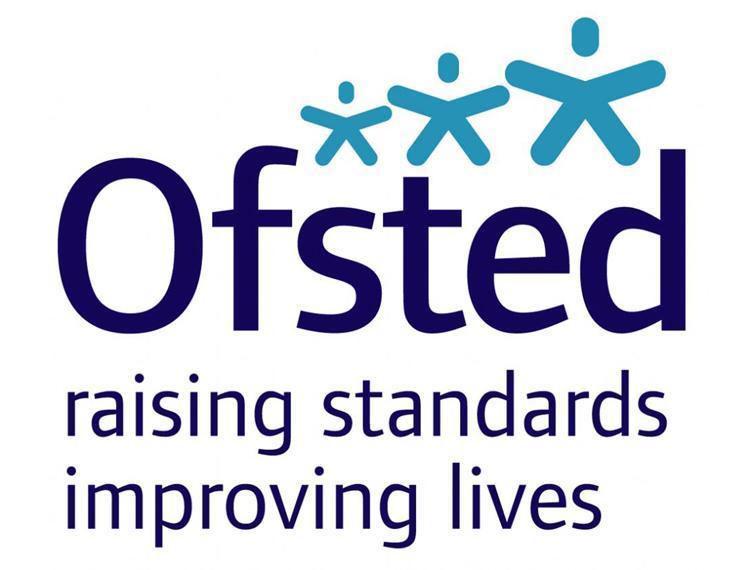Maths not taught well enough in nearly half of schools, Ofsted warns

According to Ofsted, not enough pupils are being taught the sense of mathematics, meaning they are less able to use it confidently at work or in preparation for further study. The report, Mathematics: Understanding the score, shows that many schools, particularly secondary, place too much emphasis on routine exercises and ‘teaching to the test’.
The report is based mainly on inspections of mathematics between April 2005 and December 2007, covering 192 maintained schools in England. It also draws on evidence from discussions with those involved in mathematics education.
Ofsted say there has been a marked improvement in test and examination results, and the subject is good in around half of schools. However, the government body states there are too many schools teaching maths in a way which leaves pupils less able to apply their skills to new situations, solve problems and communicate solutions.
Her Majesty’s Chief Inspector, Christine Gilbert, said: “Too many schools are not teaching mathematics well enough. The way mathematics is taught can make a huge difference to the level of enthusiasm and interest for the subject. As well as developing fluent numeracy skills to deal with everyday mathematics, children and young people need to be able to think mathematically, model, analyse and reason.
Mathematics has so much relevance to our everyday lives – for example, younger children learn about number systems and their use in money, weights and measures and time.”
The report also contains examples of high-quality teaching where the subject is much more than the routine learning of methods, rules and facts. Ofsted believe more teachers need the encouragement to invest in such approaches to move away from a narrow emphasis on disparate skills.
Teaching and learning, the curriculum, and leadership and management were also all deemed stronger in primary schools than in secondary schools. The report found many secondary schools face major challenges in finding good mathematics teachers. The progress of pupils was also judged to be inadequate by Ofsted in nearly ten per cent of secondary mathematics lessons surveyed.
Teaching was good or better in just over half the lessons the report saw, and satisfactory in around two in five. Ofsted claim effective mathematics teaching is characterised by a well grounded knowledge of the subject, and the understanding of ways in which students learn mathematics.
Ms Gilbert added: “We all benefit from the advanced mathematics that underpins our technological world. We need children to be equipped to use mathematics with confidence in and beyond the classroom to play their part in a rapidly changing society. And we need more of them to reach the highest levels – these are the mathematicians heading for future careers as scientists, designers, engineers and statisticians, to name but a few.”
The National Institute of Adult Continuing Education (NIACE) claims the report’s findings have an affect on all levels of the education system.
Peter Lavender, Director of Development and Research at NIACE, said: “Ofsted’s report has given voice to what many adults already believe and a fifth of the population know for a certainty. Maths teaching should be better. But it must be better in all levels of the education system. Most adults believe that they are fairly good at number work even when they are not and in fact many of them have poor numeracy skills.
“In a 2003 survey those with lower level numeracy skills were likely to be earning £8,000 less on average than those with numeracy at level 2 and above. We need to get behind a national strategy that is all-age and not waste time blaming one bit of the education system or another. All of it matters to the workforce and to prosperity.”
Alan Tuckett, Director of NIACE, commented: “To thrive in the modern economy, Britain needs adults who are assured in the use of the maths skills they already have and confident to build on them. That is harder to achieve when too many young people leave school bewildered by the subject. That is the reason NIACE will be launching a campaign to encourage adults to improve their maths this autumn. Poor teaching of maths at school leaves a challenging legacy for adults seeking to progress in education and training in later life.”











Responses